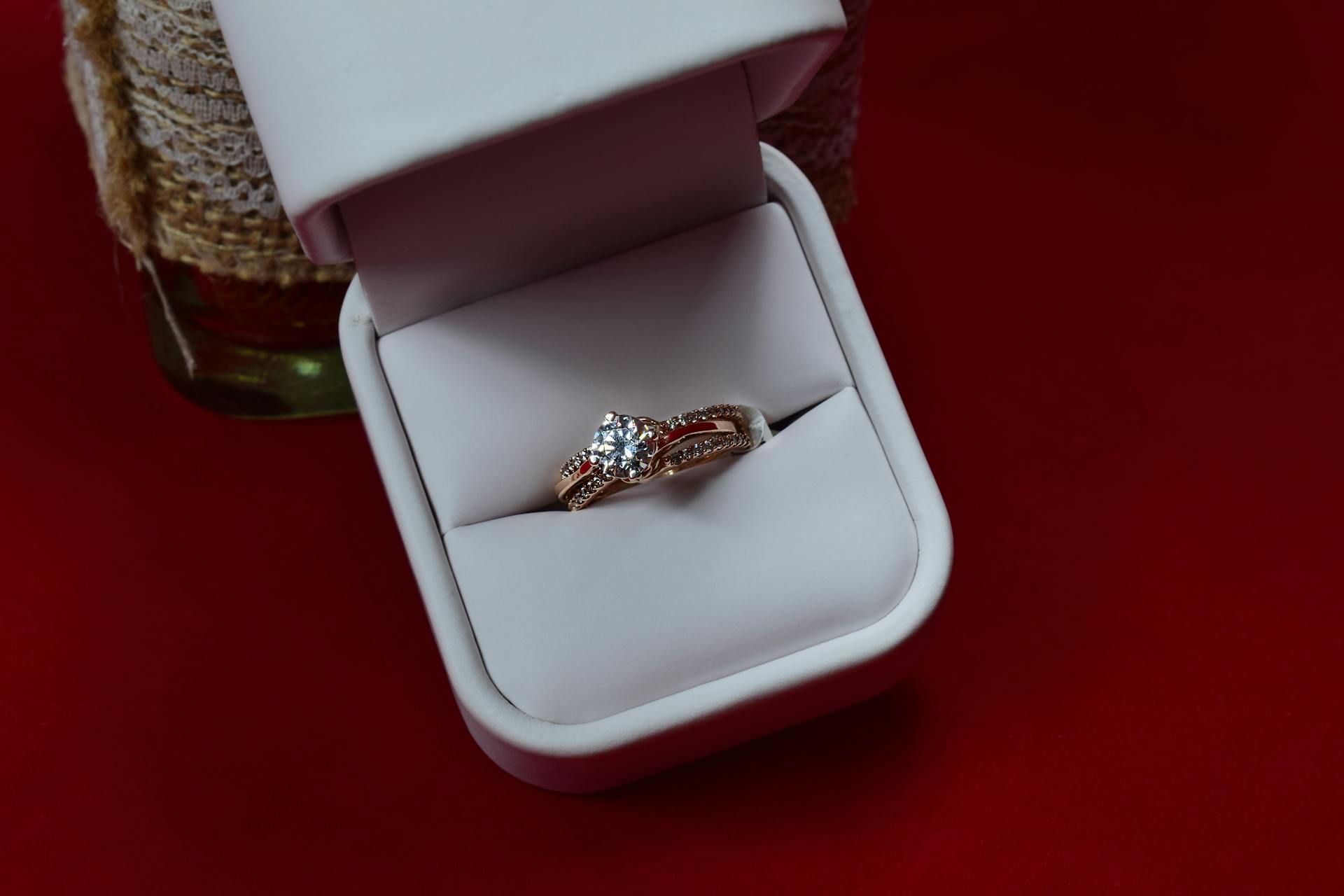I’m Emily, 31, and the morning after my wedding, my mother-in-law, Linda, arrived with suitcases, revealing she’d sold her house to live with us. Her control turned me into a servant, but after weeks of silence, I made a move to protect my marriage and reclaim my life.
I’ve always been a peacemaker, avoiding fights. Two years ago, I met Jack at a friend’s barbecue. His gentle laugh and caring nature stood out. He helped a struggling guest, and I knew he was special. We bonded over old films, and when he invited me to watch “The Philadelphia Story,” I was smitten. A year later, he proposed. Jack’s mom, Linda, seemed like a dream. She welcomed me with a home-cooked roast, my favorite, and sent thoughtful texts during tough workdays. When I was sick, she brought soup. She helped with wedding plans, covering the band, and called me her daughter. Having lost my mom young, her warmth meant the world.

Our wedding was a fairytale, with Linda’s speech touching everyone. Post-honeymoon, Jack and I moved into our apartment, thrilled for our future. But the next day, Linda stood at our door with suitcases. “I’m staying, just temporary,” she said. Jack shrugged, “Sure.” I blinked, stunned. “What’s that?” I asked. “We discussed it,” she said, rolling her bags in. Jack mouthed, “We’ll talk.” At dinner, she dropped, “I sold my house yesterday.” I gasped. “Sold it?” Jack asked, confused. “You said it’d be fine,” she replied, twisting a casual chat about a short visit. I realized she was here to stay.
Linda’s sweetness turned to tyranny. She set our thermostat to 65, saying, “Chilly air keeps you alert.” I shivered, but she ignored me. She removed our toaster, claiming, “Good wives bake.” When I tried toasting bread, it was gone. “You’ll improve,” she said. She called me “the wife,” not Emily. “The wife needs to fold better,” she’d tell Jack. She taped a chore chart to the fridge: scrub floors, wash windows, cook daily. “What’s this?” I asked. “Your duties,” she said. “Jack works; you manage the home.” She rejected my lasagna, saying, “Jack needs real food,” even though he loved it. Jack hesitated, agreeing with her.
She left notes, like one on my nightstand with a dirty fork: “Keep it tidy.” She policed my talks with Jack. “He’s tired; don’t bother him,” she’d interrupt. I felt like a maid. I stayed quiet, watching her control grow, until day 46, when she entered our bedroom at midnight, demanding to sleep there. “My room’s cold,” she said, grabbing a pillow. I stood firm, taking it back. “This is private,” I said. She scoffed, “Jack, your wife’s mean!” Jack muttered, “One night’s fine.” I lay awake, resolved.
Next day, while Linda reorganized my books, I told Jack, “This stops now.” He called her helpful at first, but after talks, he understood. We found a sunny apartment by a park, moved her things, and one morning, I said, “Let’s go for a ride.” We arrived at her new place. “Your home,” I said. “Everything’s set up.” She paled. “Jack, this is cruel!” He said, “It’s time, Mom.” She shouted, “I sold my house!” I replied, “This is your space now.” She moved, and our home was ours again. I learned boundaries protect love, and marriage needs independence. Action, not silence, brings change. Share this story to inspire others to reclaim their space.


